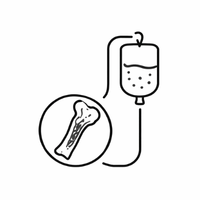
Bone marrow transplant is a medical procedure in which unhealthy or damaged bone marrow is replaced with healthy stem cells. These stem cells help the body produce new blood cells and restore the immune system.
Doctors recommend this treatment for patients with serious blood-related conditions such as leukaemia, lymphoma, multiple myeloma, and aplastic anaemia. In these cases, the bone marrow cannot make enough healthy blood cells.
This procedure is also called a stem cell transplant. In many cases, doctors use either the patient’s own stem cells (autologous transplant) or stem cells from a suitable donor (allogeneic transplant).
Although some people think this is a surgery, the bone marrow transplant procedure is not surgical. It is more like receiving blood through an intravenous (IV) line. While certain stages may feel uncomfortable, the actual transplant process is usually painless.
A common myth is that bone marrow transplants are only for cancer, but they are also used to treat non-malignant blood and immune disorders, including sickle cell anaemia, thalassemia, and certain inherited immune deficiencies.
The treatment plan depends on several factors:
When performed at the right time and in a specialised hospital, this treatment can give patients a renewed chance at life.

Bone marrow transplant treatment is needed when the bone marrow can no longer produce healthy blood cells. By replacing damaged cells with healthy ones, the body regains its ability to fight infections, produce blood, and heal effectively.
Bone marrow may fail or stop working properly due to several reasons:
The symptoms may resemble everyday health issues, but they can signal deeper problems if they persist.
Common signs include:
Doctors usually recommend a transplant when:
Early intervention improves the chances of success. For many patients, a timely transplant offers the best path to recovery. Myheco can connect you with leading hospitals for advanced bone marrow transplant care.
Many leading hospitals worldwide provide comprehensive care for bone marrow transplant treatment. These centres are equipped with expert transplant teams, advanced facilities, and dedicated services for international patients.
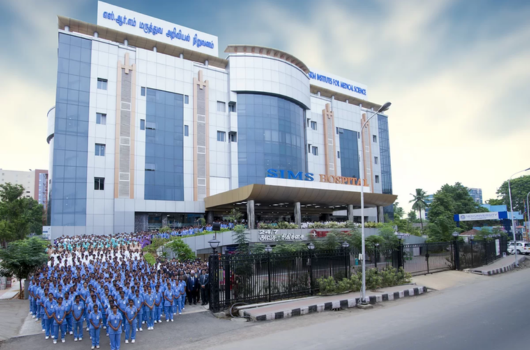
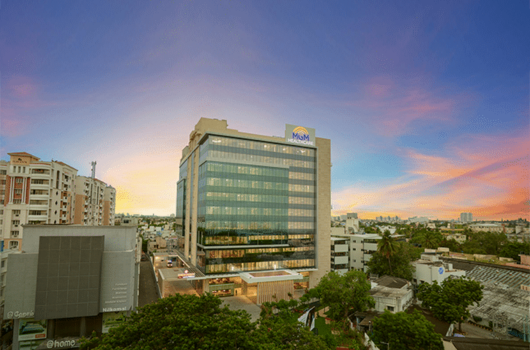
.png)

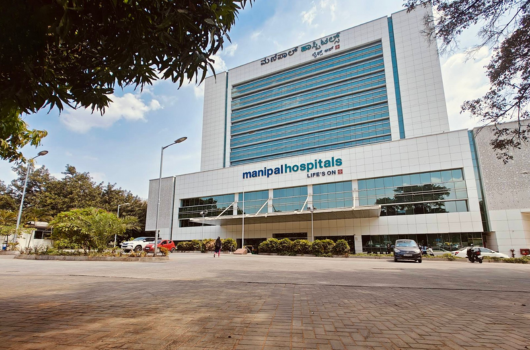
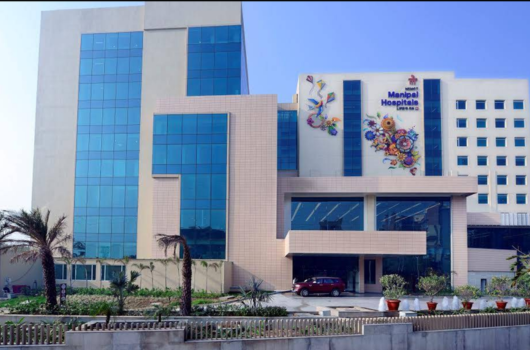
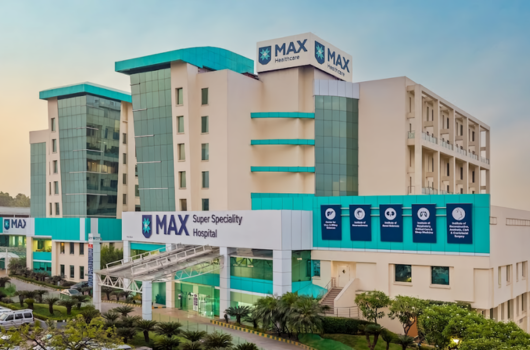
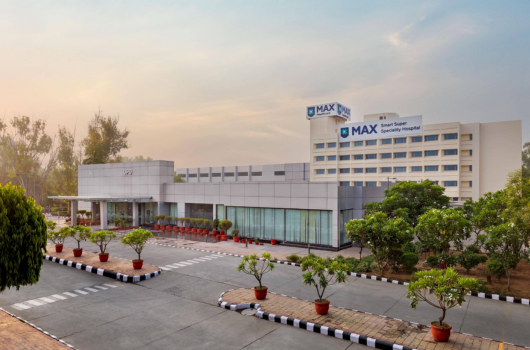
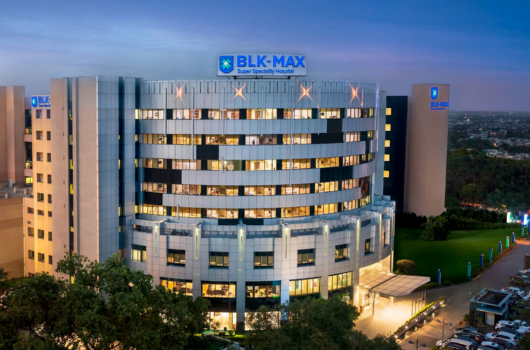
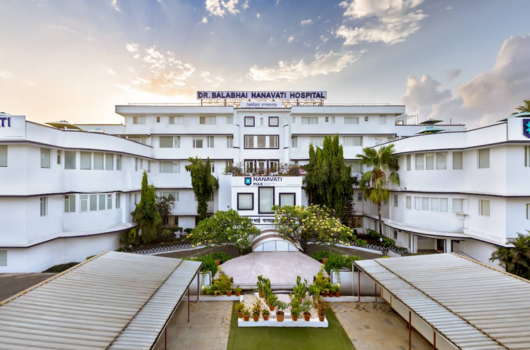
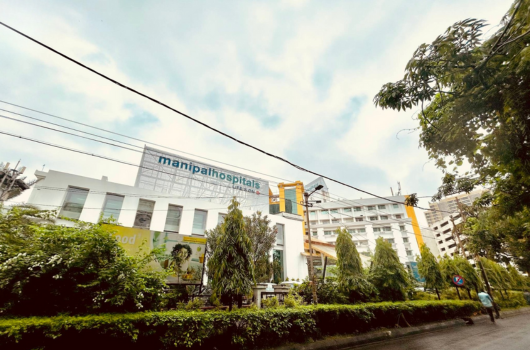
.png)

These hospitals follow international guidelines for bone marrow transplant care and provide support for patients from diagnosis through treatment and recovery.
The average cost of a bone marrow transplant ranges from $14,000 to $27,000 in India and from $31,000 to $44,000 in Thailand. The final cost depends on factors such as the type of transplant, stage of illness, length of hospital stay, and location of the hospital.
Note: India has emerged as a leading destination for bone marrow transplant treatment, providing world-class care at significantly lower costs compared to many countries. Patients benefit from highly experienced transplant surgeons, advanced surgical facilities, and affordable access to quality post-transplant care, making treatment both effective and cost-efficient.
Note: Thailand has become a leading destination for bone marrow transplant treatment, known for its world-class hospitals, cutting-edge surgical technology, and internationally trained transplant specialists. Patients choose Thailand for its exceptional success rates, comprehensive pre- and post-transplant care, and a holistic healing environment that combines medical excellence with outstanding comfort and service quality.
The above figures are approximate and can vary based on the hospital, location, and individual patient requirements. Always consult the healthcare provider for the most accurate and up-to-date pricing.
The currency conversion rates in the table above are based on data from February 2026.
For a detailed cost estimate and guidance on treatment options, patients can contact myheco to connect with leading hospitals specialising in bone marrow transplant.
The success of a bone marrow transplant depends on donor type, patient age, and disease stage.
Success does not always mean a complete cure. It may also mean:
These outcomes are important and can significantly improve overall well-being.
Leading hospitals focus on early diagnosis, personalised treatment plans, and multidisciplinary care for bone marrow transplant patients. Their approach often includes:
This patient-centred approach, combined with modern technology and experienced medical teams, contributes to better transplant outcomes.

Dr Padmaja Lokireddy, Consultant Hemato-Oncologist at Apollo Hospitals, Hyderabad, explains that while bone marrow transplant can be a curative option for blood cancer, it is not required for every patient. She notes that in most cases, chemotherapy is the first step to bring the disease into remission, and only certain patients are considered for a transplant.
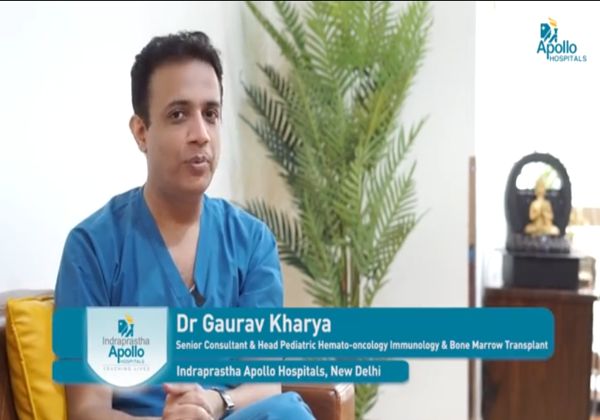
Dr Gaurav Kharya, Senior Consultant and Head of Paediatric Hemato-Oncology, Immunology, and Bone Marrow Transplant at Indraprastha Apollo Hospitals, New Delhi, explained how bone marrow transplant (BMT) can play a role in treating several serious diseases. He noted that acute lymphoblastic leukaemia, common in children, and acute myeloid leukaemia, often seen in adults, are among the main cancers requiring BMT. He also mentioned rarer conditions such as juvenile myelomonocytic leukaemia and myelodysplastic syndrome, which can progress to blood cancer. Beyond these, certain solid tumours, including lymphomas and high-risk brain tumours, may also be managed through a bone marrow transplant.
Myheco offers complete guidance for patients seeking bone marrow transplant treatment worldwide. From expert medical opinions to travel coordination and cost clarity, Myheco ensures a smooth and supportive experience throughout your treatment journey.
Choosing myheco means expert care, faster access, and comprehensive support throughout your treatment journey.
Note: Myheco does not provide medical advice.
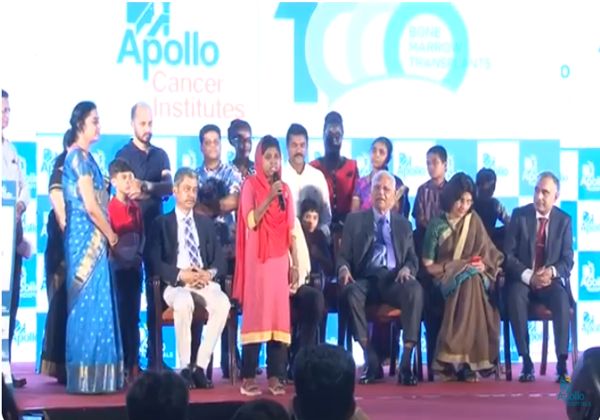
Tansila, a young girl from Bangladesh, faced aplastic anaemia and underwent a bone marrow transplant at Apollo Cancer Institutes. During the celebration of 1,500 BMTs, she shared her story of recovery and expressed gratitude to the medical team who supported her return to good health.
Arif, a 12-year-old from Dhaka, was living with thalassemia since birth. His family sought care at Apollo Hospitals Chennai, where Dr. Revathi Raj performed a bone marrow transplant using a matched sibling donor. The procedure was successful, and Arif fully recovered, reflecting the hospital’s expertise in managing complex blood disorders with strong infection-control practices.
✅ Share your medical reports
✅ Receive personalised treatment plans from leading hospitals
✅ Choose the option that suits you best
✅ Let us handle the arrangements


Yes. You will need a medical visa. Myheco provides visa invitation letters from recognised hospitals and guidance on the application process.
Yes. Patients are encouraged to travel with a caregiver. Myheco helps arrange accommodation and airport pickup for both.
On average, patients stay for 6 to 8 weeks after a bone marrow transplant. The exact duration depends on the type of transplant and recovery speed. The duration of hospital stay varies depending on the type of transplant, patient health, and recovery speed. The information should not replace personalised advice from your transplant team.
The transplant itself is not painful, as it is similar to a blood transfusion. Some side effects, like weakness, fever, or infections, may occur during recovery, but doctors manage these with supportive care. Experiences may vary between patients. While the transplant procedure is generally not painful, side effects can occur during recovery. Always consult your doctor or transplant specialist for specific information and management of symptoms.
Myheco reviews your reports and recommends the most suitable bone marrow transplant hospitals based on your condition, donor availability, and the expertise of specialists.
No, myheco does not provide medical advice. We connect patients with qualified doctors and hospitals for accurate guidance and treatment.
India has several leading hospitals that specialise in bone marrow transplant care. In Chennai, top centres include SIMS Hospital, MGM Healthcare, Apollo Cancer Institute, and the Apollo Proton Cancer Centre. Bangalore’s Manipal Hospital Main Hospital Oncology provides advanced transplant units. In Delhi, Manipal Hospital Dwarka, Max Hospital Saket, and BLK-Max Hospital are key providers. Mumbai’s Nanavati Max Hospital and Kolkata’s Manipal Hospitals EM Bypass (Medica Synergie Cancer Hospital) are also recognised for expertise in bone marrow transplants.
Samitivej Hospital is a leading choice for bone marrow transplant in Thailand. It offers advanced transplant facilities, precision monitoring, and expertise in managing complex international cases.

